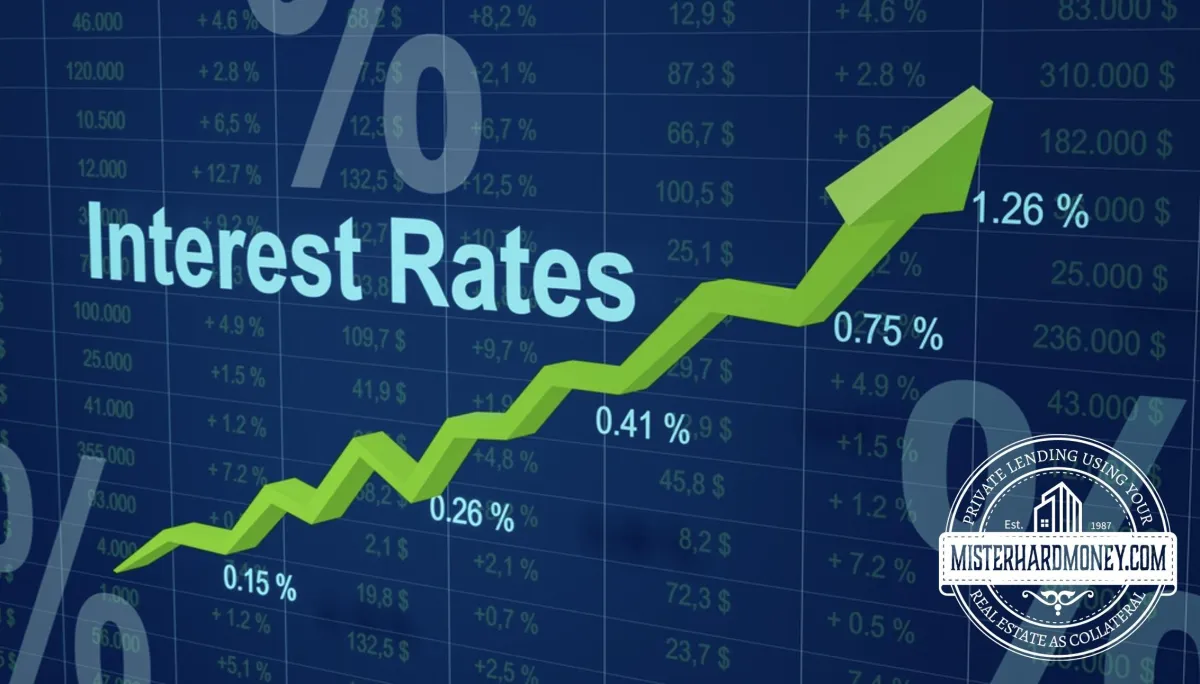
Which Loan Has a Higher Interest Rate - Bank or Hard Money?
When borrowers seek financing, two primary sources often come into play: traditional bank loans and hard money loans. While both can serve valuable purposes depending on the borrower’s situation, one of the most distinct differences between them lies in the interest rate. In short: hard money loans typically have significantly higher interest rates than bank loans—and for good reason.
Understanding Bank Loans
Bank loans are what most people think of when they hear “traditional lending.” These are offered by established financial institutions like national or regional banks and credit unions. They are highly regulated, and the approval process is rigorous. Borrowers must typically provide extensive documentation, including credit history, income verification, and debt-to-income ratios.
Because of these strict requirements and the perceived lower risk to the lender, interest rates for bank loans are usually quite low. For example, mortgage interest rates offered by banks often range between 5% and 8%, depending on market conditions, credit score, loan type, and other risk factors. The rates are generally tied to a benchmark like the prime rate or federal funds rate and may include fixed or adjustable terms.
However, the main downside is time. The bank loan process can be lengthy, often taking several weeks or even months. Additionally, not everyone qualifies, especially individuals with poor credit, unverifiable income, or non-traditional assets.
What Are Hard Money Loans?
Hard money loans are a form of asset-based financing commonly used in real estate. These loans are typically issued by private investors or lending companies rather than banks. Approval is primarily based on the value of the collateral—usually a property—rather than the borrower’s creditworthiness.
Because hard money lenders assume more risk, they charge much higher interest rates—typically between 10% and 15% or more, depending on the deal structure, borrower experience, and the perceived risk of the asset. They also often charge points upfront (usually 2–5% of the loan amount), increasing the effective cost even further.
Despite these high rates, hard money loans are popular among real estate investors, house flippers, and borrowers who need fast access to capital or can’t qualify for conventional financing. Many of these loans are short-term, ranging from six months to a few years, with the expectation that the borrower will refinance or sell the property.
Why the Interest Rate Gap?
The stark difference in interest rates between banks and hard money lenders boils down to risk and speed.
Risk tolerance: Banks conduct detailed underwriting and only approve the most qualified borrowers, minimizing default risk. Hard money lenders, on the other hand, take on higher-risk deals, including distressed properties or borrowers with poor credit.
Speed of funding: Bank loans take weeks; hard money loans can close in as little as a few days. Borrowers pay a premium for this speed and flexibility.
Regulatory oversight: Banks are heavily regulated, which limits their ability to adjust terms quickly or take on unconventional deals. Hard money lenders operate with more flexibility but less oversight, allowing for higher risk-reward dynamics.
Which Loan Type Is Right for You?
If you're looking for a long-term loan with low monthly payments and you have solid credit and income, a traditional bank loan is almost always the better financial choice. The lower interest rate and extended repayment terms make it the more affordable option over time.
However, if you need fast funding, have less-than-perfect credit, or are pursuing a short-term investment strategy, a hard money loan might be the right fit—despite the higher interest rate. Just be sure to factor in the total cost of the loan, including fees, and have a clear exit strategy.
While bank loans offer lower interest rates due to strict underwriting and low risk, hard money loans charge higher rates to accommodate faster access to capital and more flexible lending standards. Understanding the trade-offs will help you choose the best financing path for your specific goals.
Learn more about Private Money Loans and Bridge Loans, or start your application today at MisterHardMoney.com and discover how fast, flexible lending can unlock your next real estate opportunity. Follow us on Google My Business.
